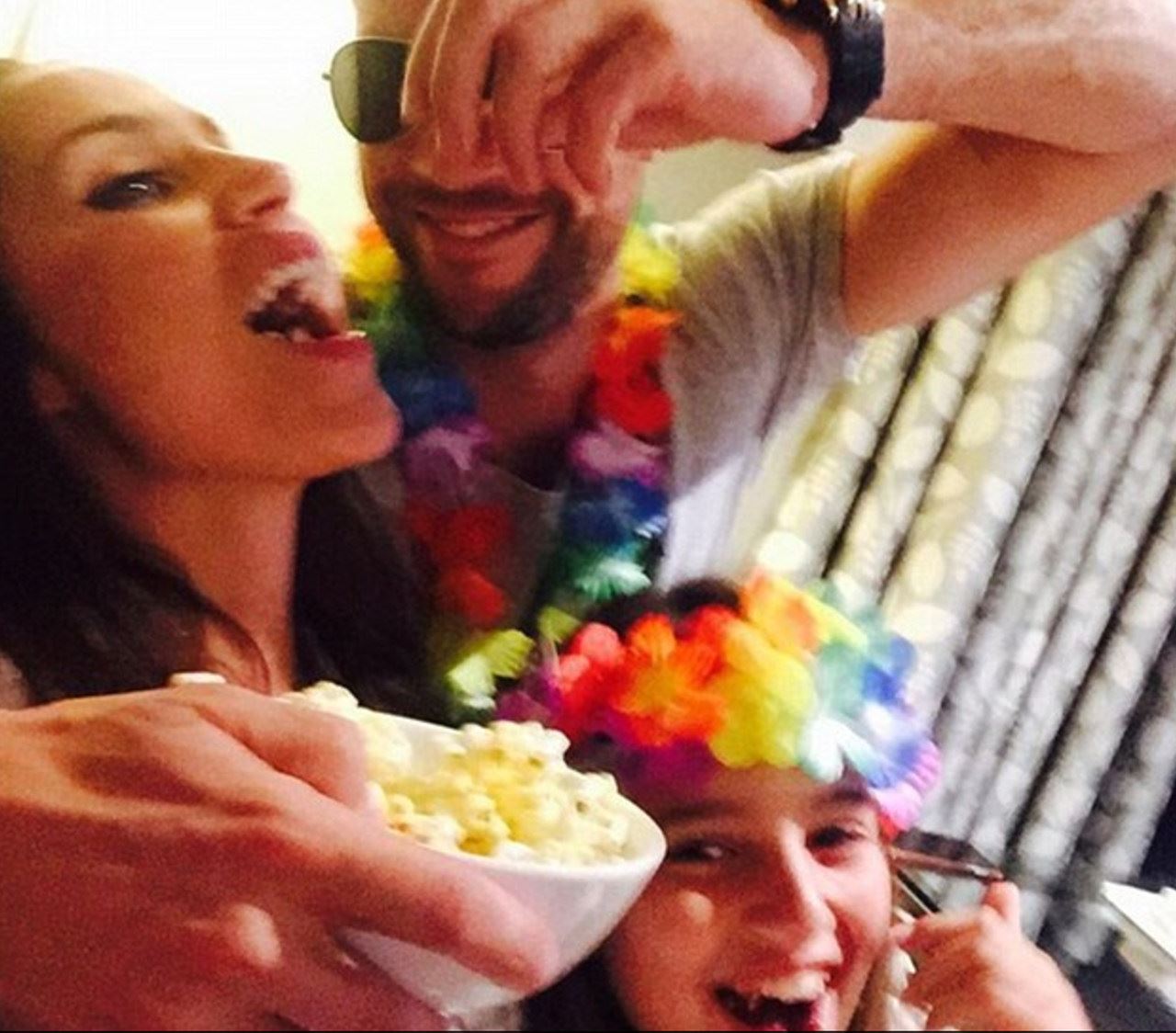Do you often find yourself eating past the point of being full?
Overeating or falling into a binge eating trap is something that too many of us do, all too often. Here are my steps to follow to figure out if you this is something you do, why you’re doing it, and most importantly, how to stop.
Overeating, What is it? Let’s talk about overeating.
Not to be confused with binge eating, overeating typically occurs in public and social situations and could be stuffing your face when you’re absolutely starving or letting your “cheats’ meal turn into a weekend of complete over indulgence. It’s that feeling of mindless, excessive overeating. It’s also where we have a lack of understanding or discipline when it comes to our serving sizes, meaning we continually consume much more food than our body actually needs. When our portion sizes are out of whack and we pile up our plate with our eyes way bigger than our stomach, scraping the plate absolutely clean, we are guilty of overeating.

Why is it dangerous?
While overeating is certainly the less severe behaviour of the two, it is dangerous because it is so common and can quickly become an everyday habit if we’re not careful. Our body adapts and becomes used to large portions, so once you start piling up that plate, it can take a bit of adjusting for your body to get back to the right portions you should be having.
How you can avoid it?
- Eat from a smaller plate. It seems minor, but when we eat from smaller plates our mind automatically thinks we are eating a large portion and will stop us from adding unnecessary food.
- Eat slowly and mindfully. Enjoy every bite of your meal, really taking in the taste, smell and texture. Trying not to eat in front of the TV will eliminate the mindless aspect of overeating.
- Doesn’t let yourself get too hungry. When we avoid getting to the point of being ravenous it will mean we don’t over compensate for feeling like we have lost ground to cover.
Binge eating, What is it?
While technically the same process as overeating, binge eating is usually non-hungry behaviour that is fuelled by food rules and tends to be more private and secretive. Binge eating can be fuelled by shame and self-loathing and will often occur when we’re not actually hungry. When we turn to binge eating, it says a lot about our relationship with food and the nutrients that we’re getting. A restrictive, hard core diet that cuts out everything you love is likely to lead you down this dangerous path. It’s a classic case of wanting what you can’t have, so when we tell ourselves we can’t eat this or that, inevitably that something becomes exactly what your body wants and craves. All of a sudden demolishing that Kit Kat is all you can think about and this urge can be totally overwhelming and incredibly hard to resist.
Why is it dangerous?
Binge eating is a little more dangerous of the two as it can result in guilt, shame and feelings of being out of control, and often stems from a more emotional place than mindlessly piling up your plate. When you’re in a cycle of eating poorly, not cooking with real and wholesome ingredients and your diet isn’t nutritious, your body becomes used to eating highly processed foods packed full of refined sugars and this is when the bad craving cycle begins. The good news is, once you start to take on a healthier focus and eat real food made with fresh ingredients, you’ll start to lose that desire to binge eat because your body will be taking in so many nutrients it was previously missing.
How you can avoid it?
Along with making sure your diet is healthy and packed with real, wholesome foods, binge eating can be avoided with a little tactic I like to call “mindful indulgences’. Choose something you absolutely love to eat. Whether its chocolate, hot chips, ice cream or a four and twenty pie, make sure it’s your true food love.
Be sensible with your portion sizes. Keep you indulgence to a small handful, this will be enough to satisfy your craving but also makes sure you won’t throw out your daily intake
Enjoy it! Take in every second of your treat and make the most of every single bite. Doesn’t feel guilty.
If you have stuck to the tips above then you can feel confident that this indulgence won’t affect your results. Get back to your normal, healthy meal plan straight after. Doesn’t let this indulgence snowball into a binge by letting it flow onto the next meal, or worse, the next day, by convincing yourself you’ll get back on track on Monday.
Stick to a healthy, nutritious meal plan and try to give it a week or two before your next mindful indulgence.
The most important thing to remember? Both overeating and binge eating can happen, and that’s ok. Having slip ups like these don’t make you a terrible person, they make you human.
The best thing you can do is get back on track and don’t get caught up in the guilt but focus on what lies ahead and your next healthy, nutritious meal.

